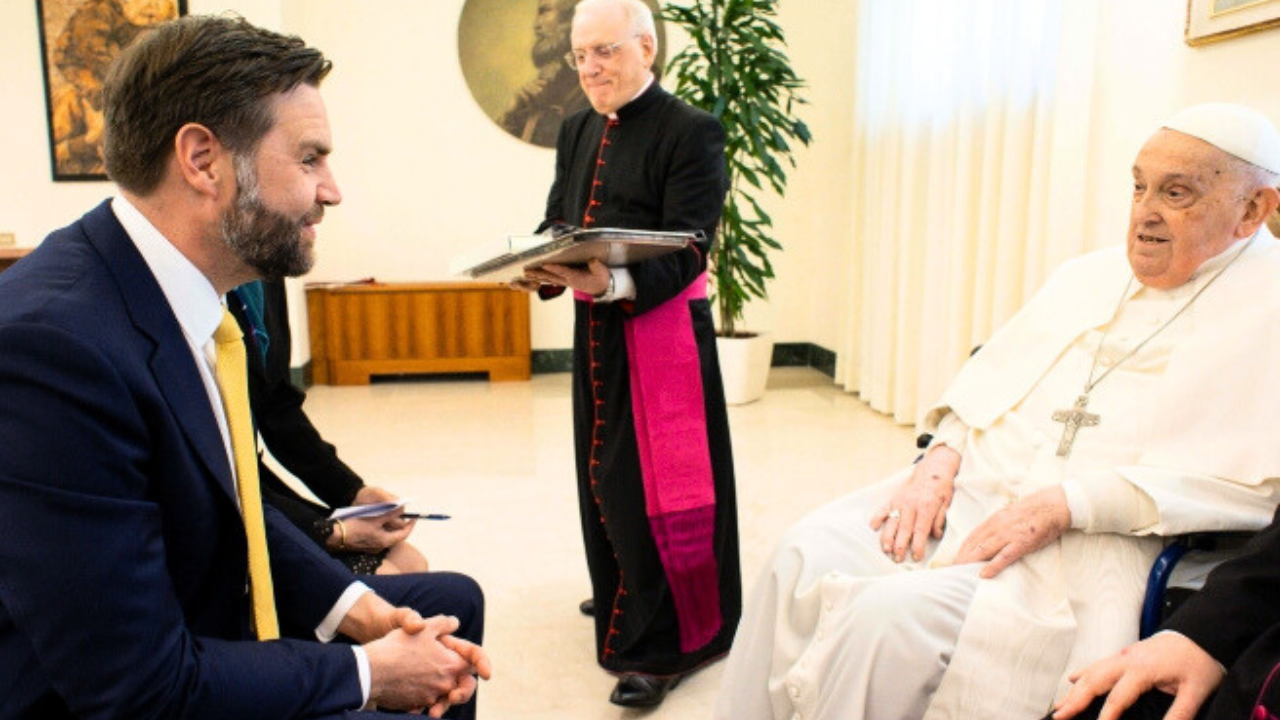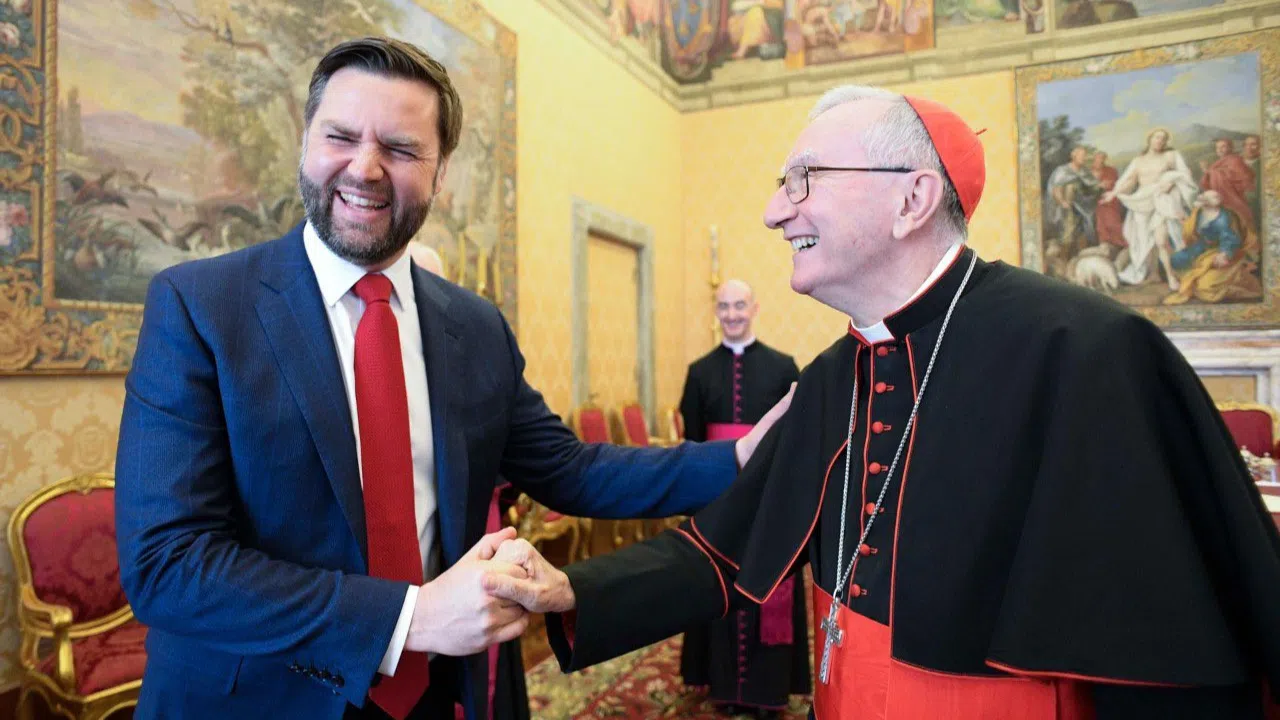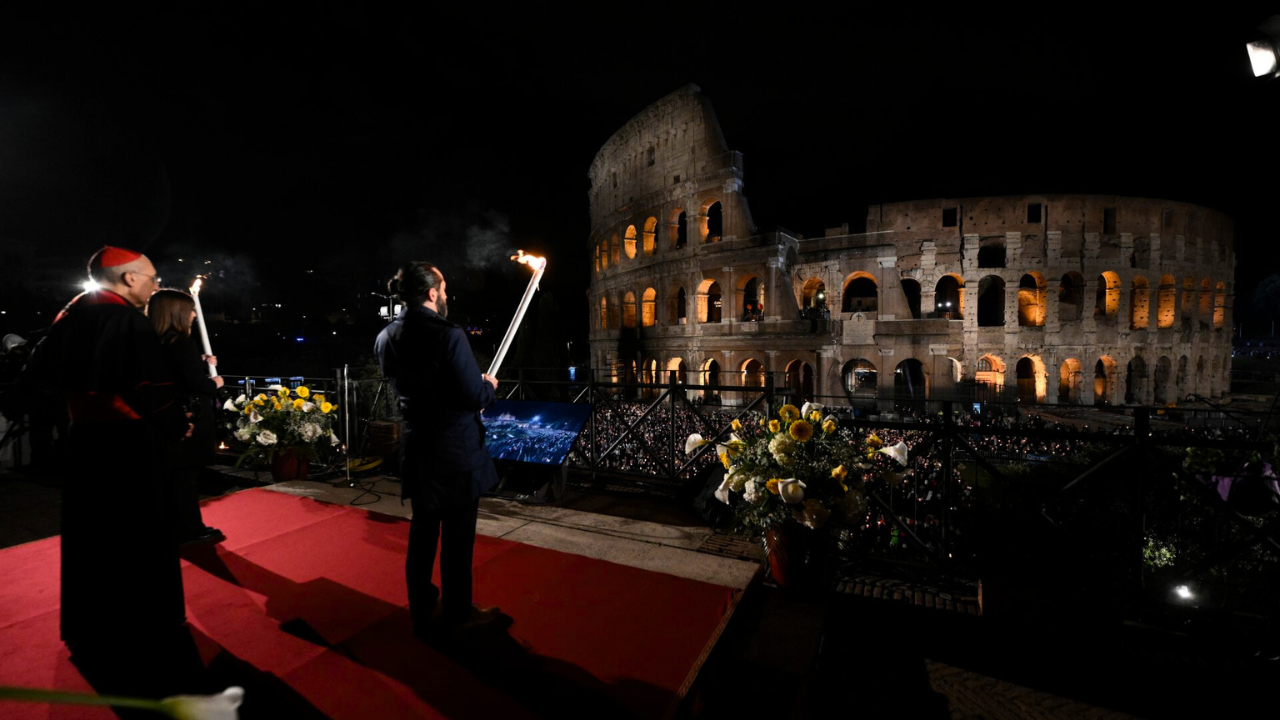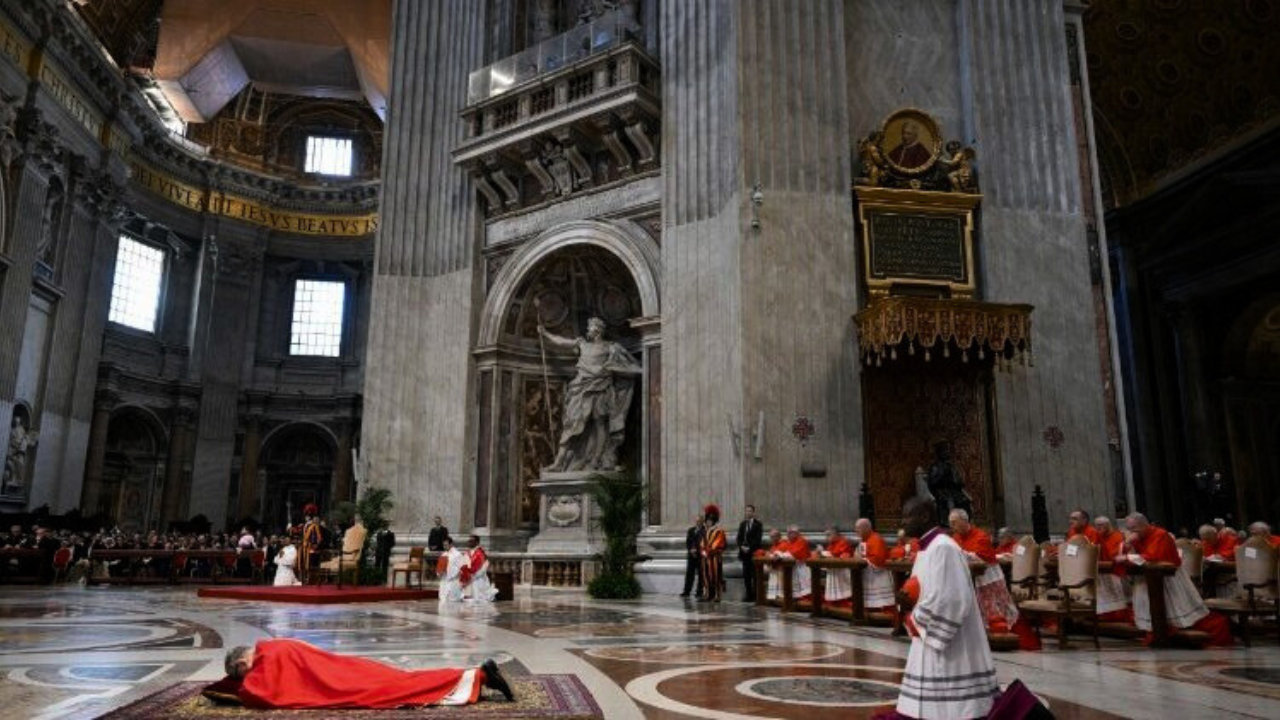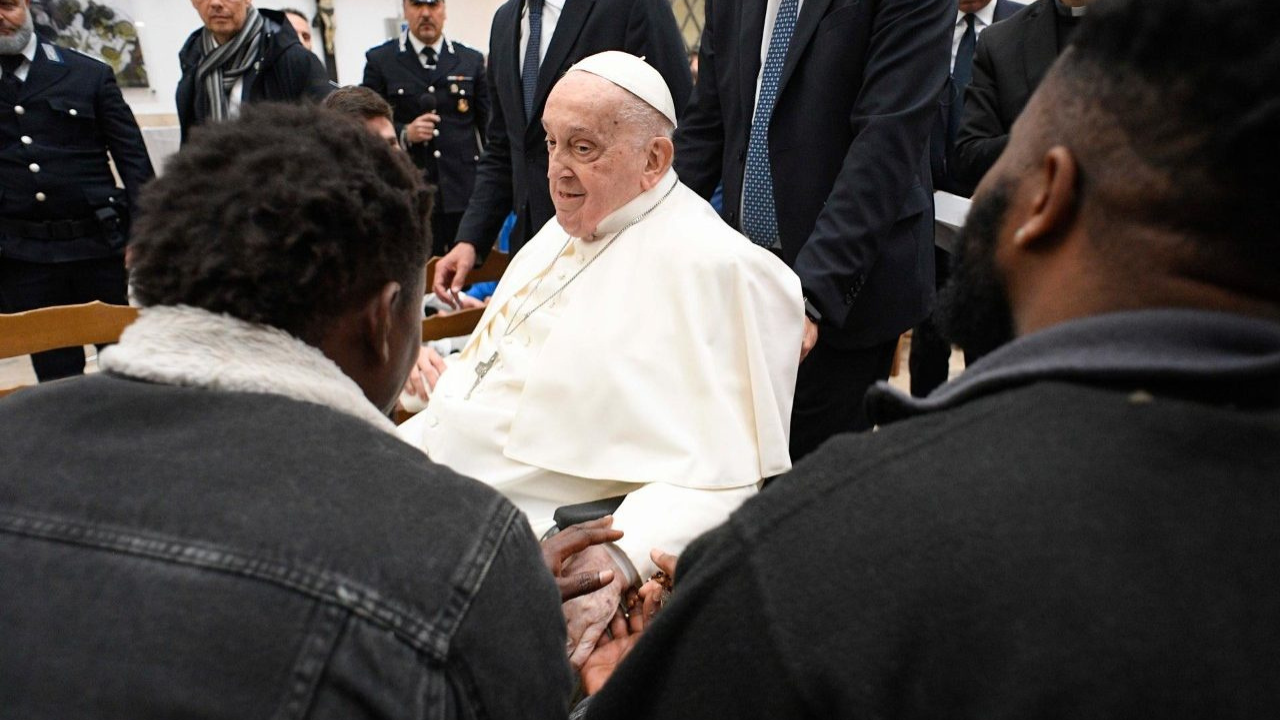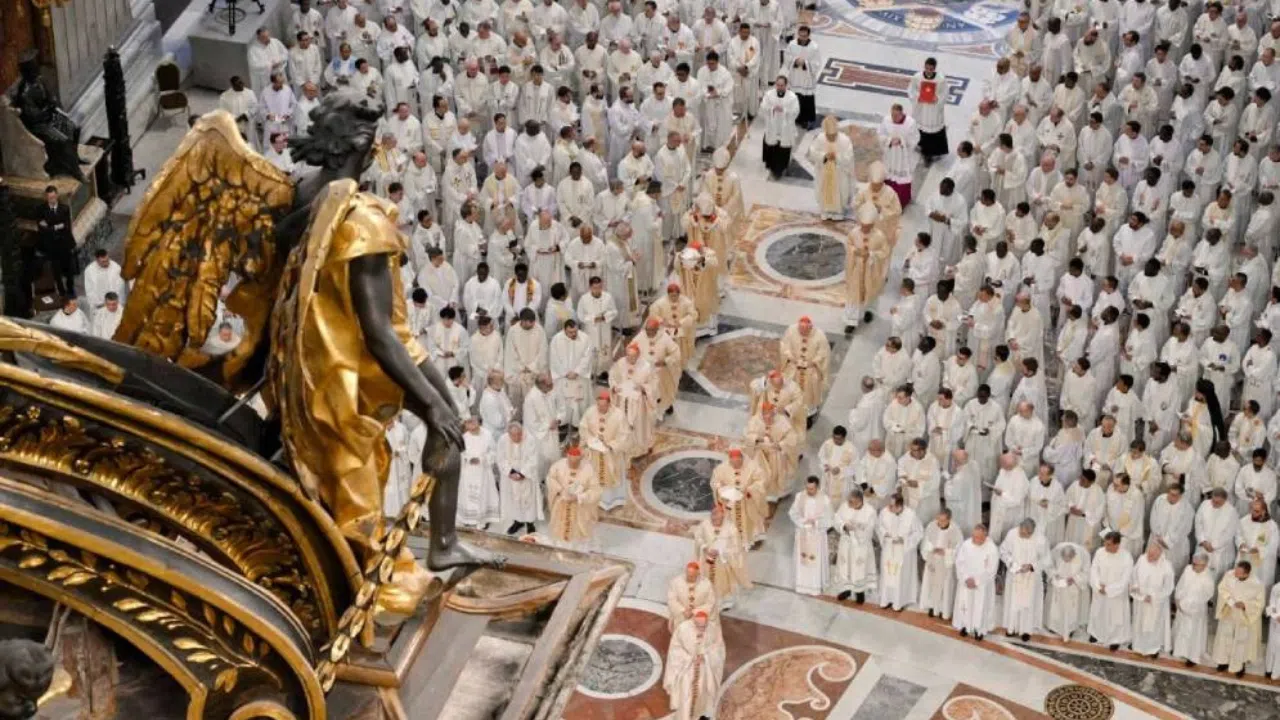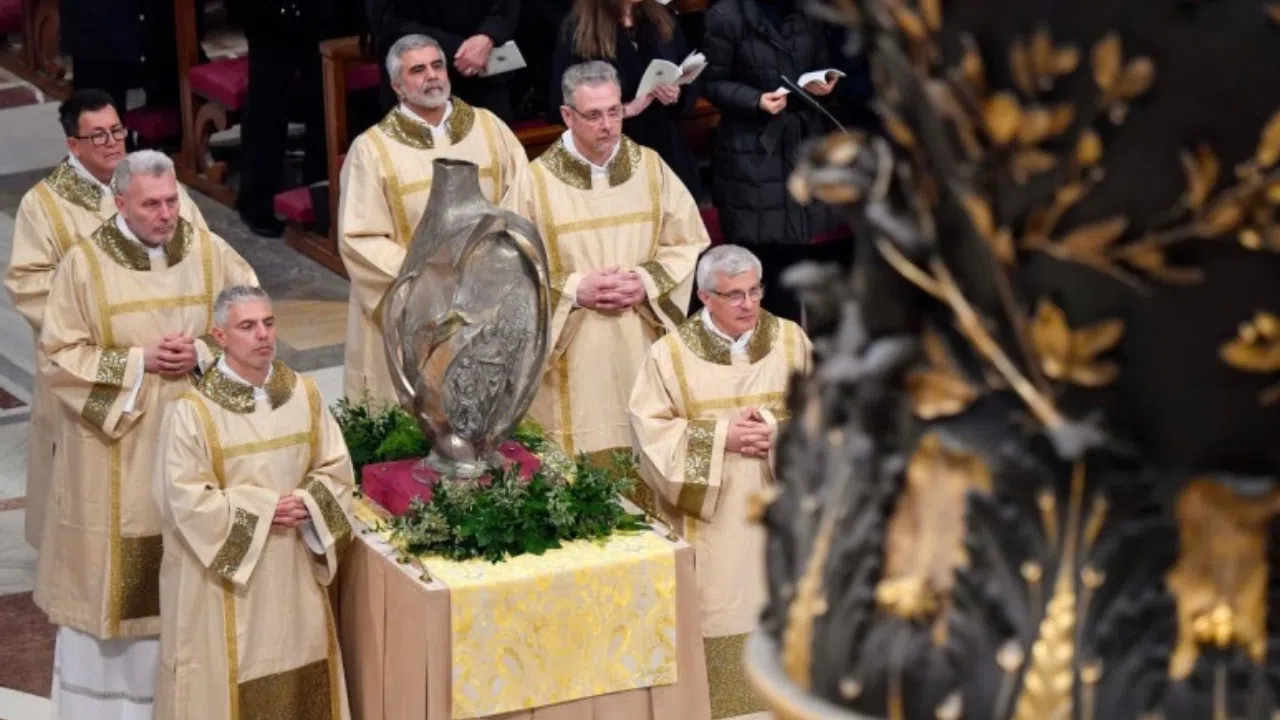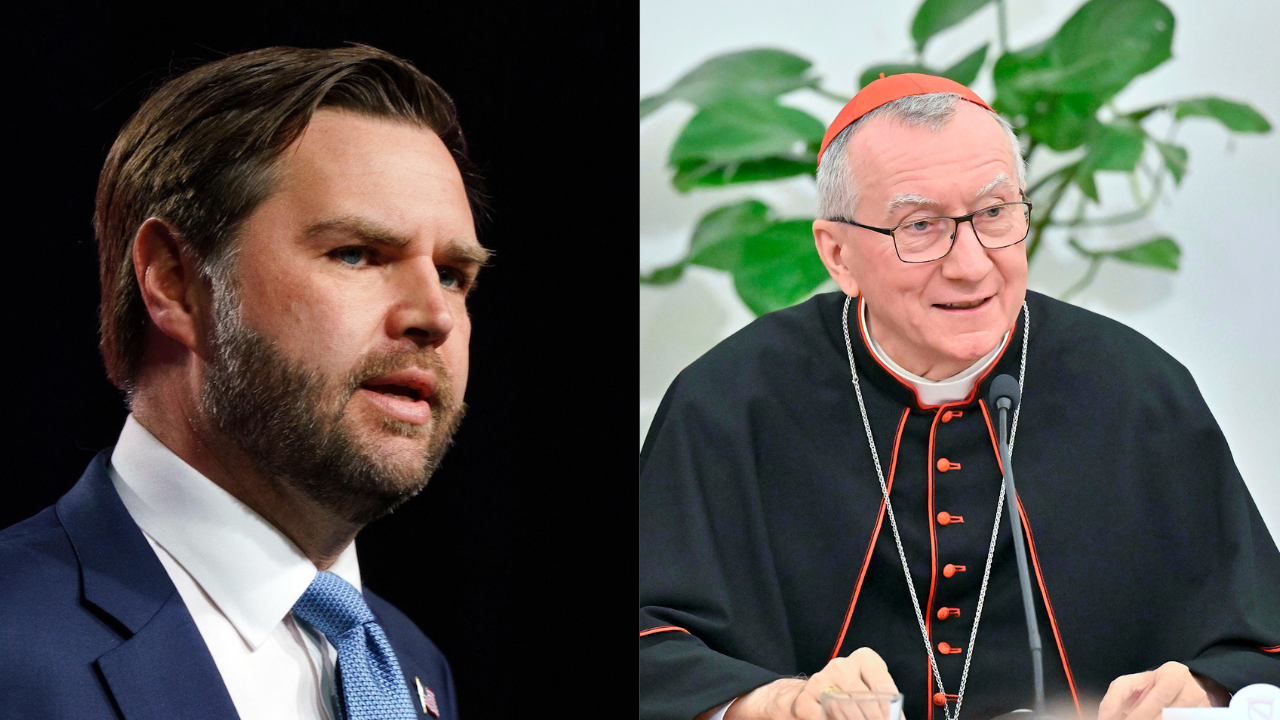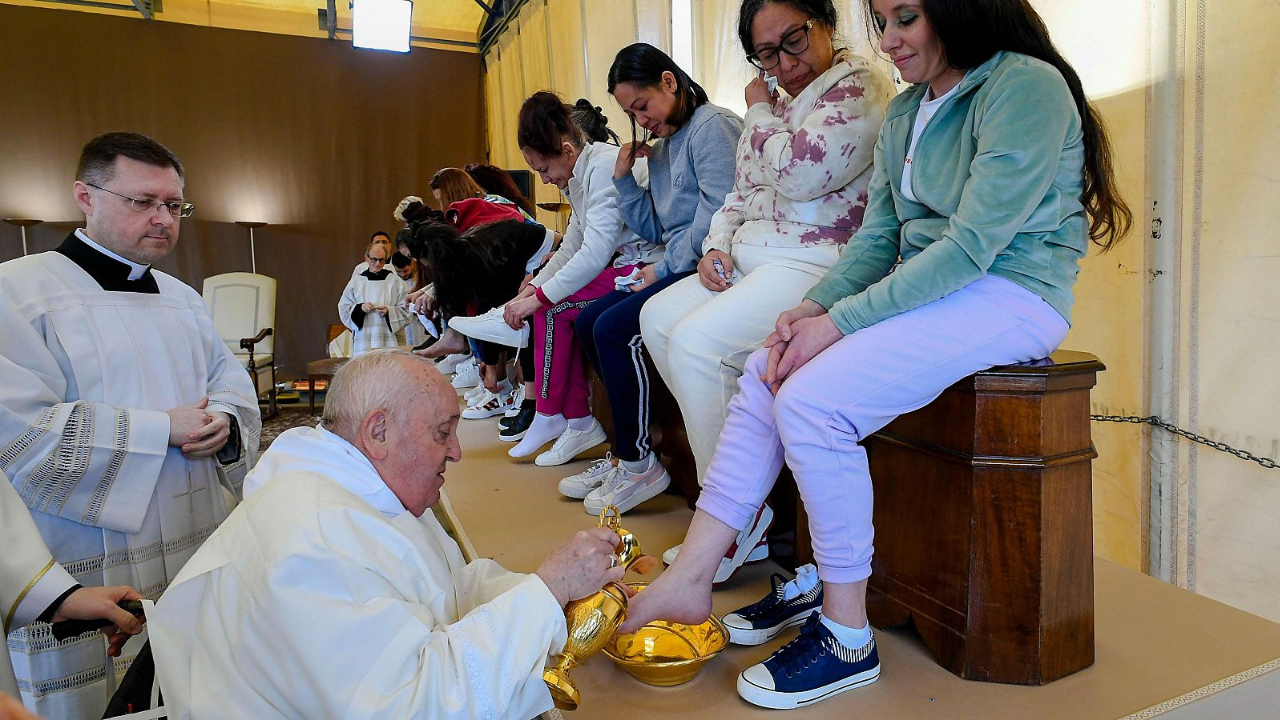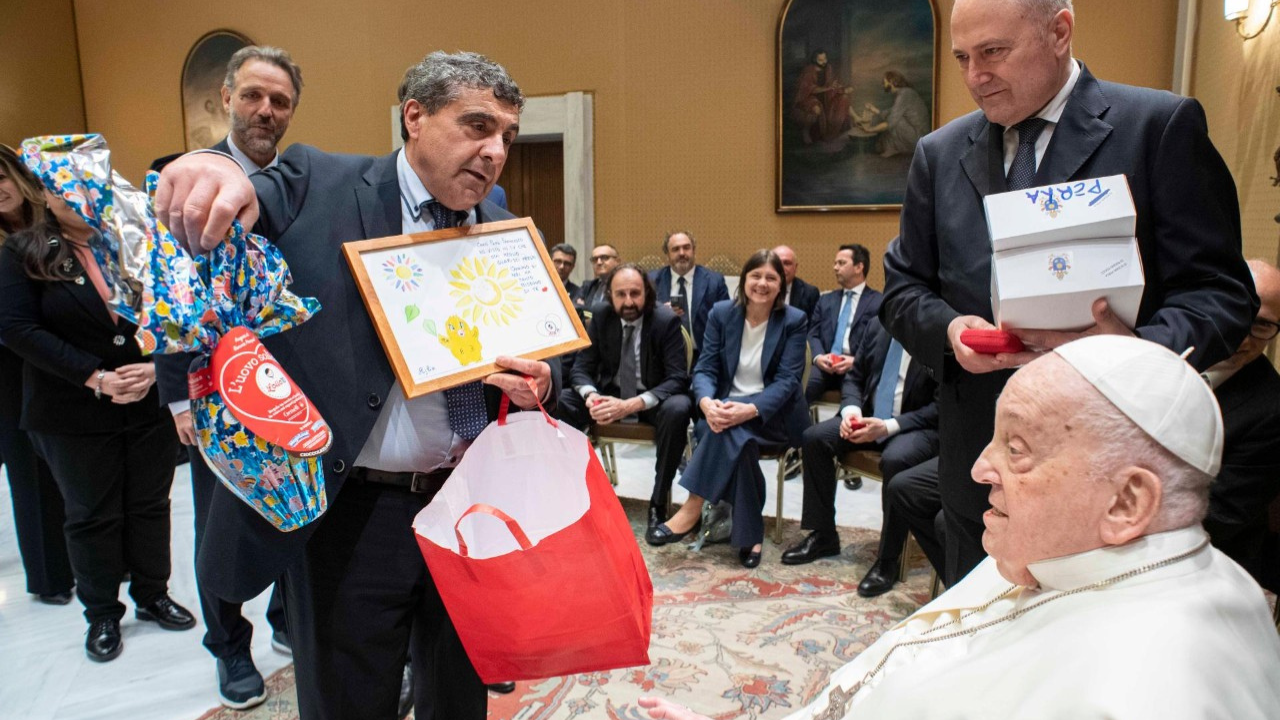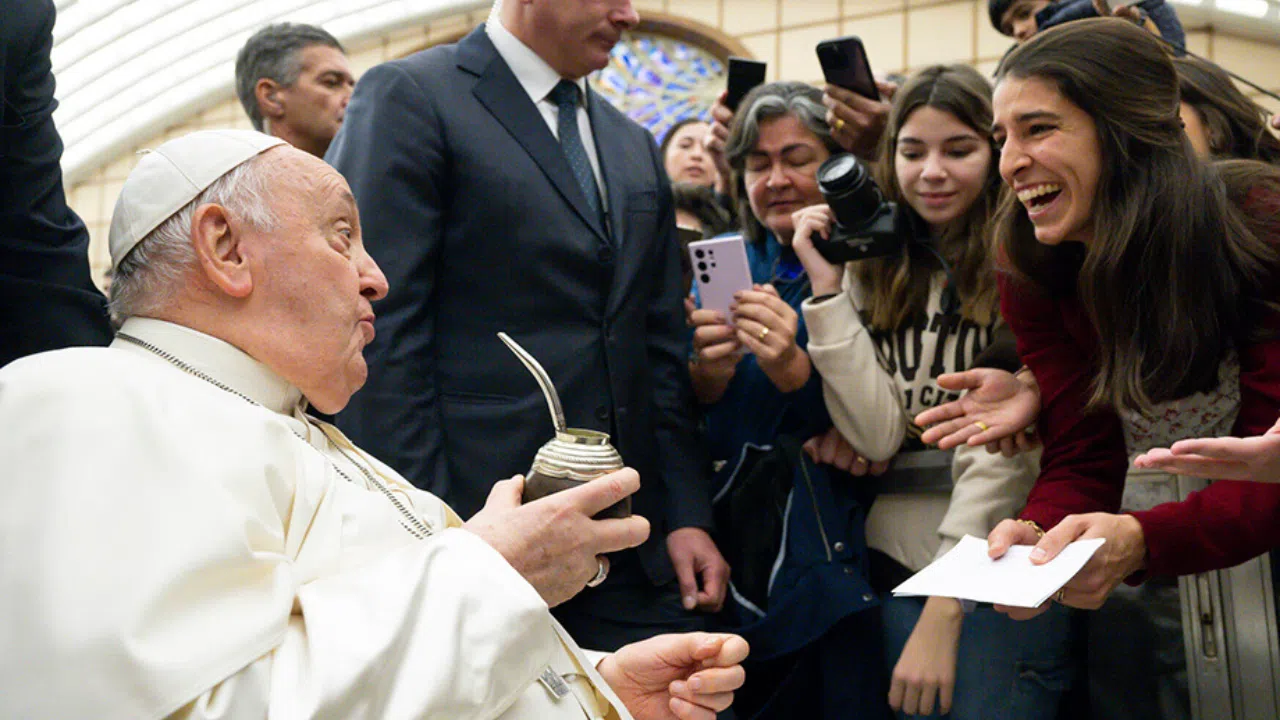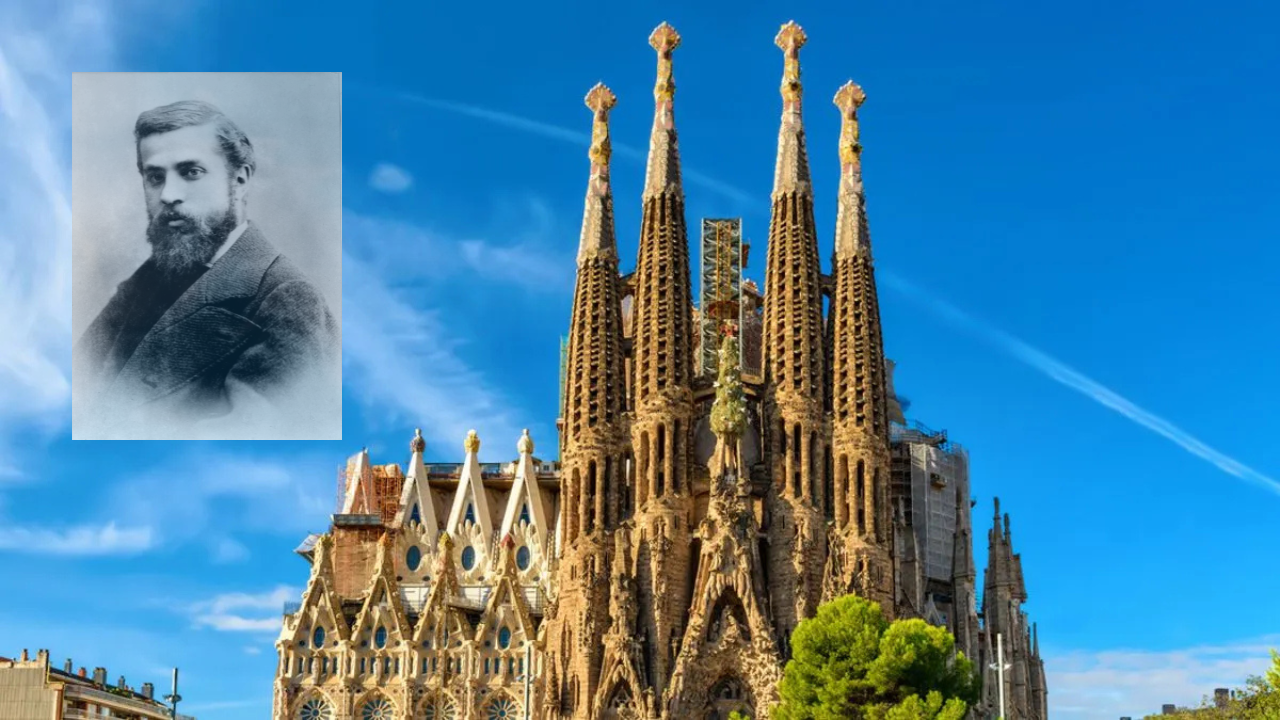Clement XI was a pope ahead of his time. A few decades before the arrival of the Enlightenment, he founded the Pontifical Academy of Theology in Rome at the beginning of the 18th century. This institute was born with one objective: to promote dialogue between faith and reason and to deepen the areas of Christian doctrine.
Throughout its history it had undergone two reforms: one in the 19th century, with Pope Gregory XVI, and another in the 20th century, with Pope John Paul II. Now, Pope Francis has also reformed it.
In the new statues, the Pope points out that "a change of paradigm" is necessary. Something he had already emphasized to other institutions, such as the Pontifical Academy for Life.
POPE FRANCIS
It is about starting from the experiences we all share as human beings and studying them, adopting the perspectives of complexity transdisciplinary dialogue and collaboration between different subjects.
Pope Francis says that this paradigm shift should help promote a more synodal and pastoral theology. In other words, it should go a step further and help to explain the faith in the cultural context of each moment. For this reason, in the new statutes, much emphasis is placed on the need for this academy to serve institutions dedicated to theology, such as the pontifical universities, who the Pope has already asked for greater collaboration among themselves.
JRB/CA
TR: AT
